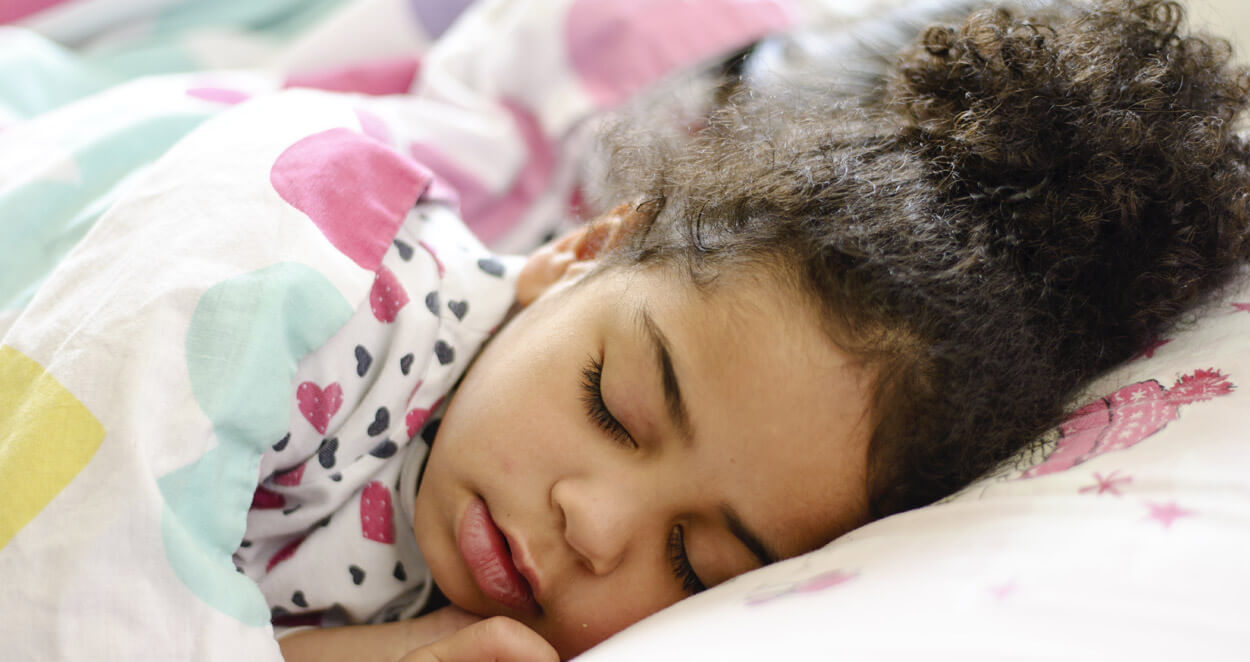Is it time to stop daytime naps?

6 Feb 2020
Chances are, you probably enjoy your toddler’s daily naps more than they do, but there will come a time when daytime naps stop.
As much as you love the break when your child is asleep, sleep is actually very important because it has a direct impact on your child’s mental and physical development. It helps the brain to develop the areas of attention, learning, and memory. Their smaller bodies also get tired more quickly so sleep helps their body relax and recharge.
At some point though, your child won’t need much napping. There is no set age for children to stop daytime naps – as we know, all children are different and will do things when they are ready – but for most toddlers, they go from having two naps to one nap a day around the 18-month mark.
Thereafter, your little one’s naps gradually lessen over the next couple of years. Around the age of five, most children no longer take a regular daytime nap and start sleeping through the night.
Your child will likely show signs that they are ready to stay awake a bit longer. Here are some things to look out for:
- Has your child, on several occasions, missed their nap and remained perfectly fine?
- Are your little one’s daytime naps causing them to struggle to fall asleep at night or not sleep through?
- Are they still awake for around an hour after being put down for a nap?
These are the three main signs to look out for, but you will pick up on your child’s level of energy and irritability.
The phasing out of daytime naps needs to be gradual, and you don’t need to halt them indefinitely, either. A sudden change could make your little one very grumpy; start by shortening their daily naps by a few minutes. From there, you can have them nap every second day then every third, and so on.
Remember that a child not wanting to nap does not mean that they don’t need a nap. Just because they are not falling asleep, does not mean that they are not tired. Many children fight off sleep because they don’t want to miss any excitement. If your child becomes irritable, less active, is constantly yawning or rubbing their eyes, chances are they need a nap – their actions speak much louder than their words.
It’s yet another process of trial and error when it comes to young children. Don’t worry, like most other things, this is another milestone that will eventually work itself out.